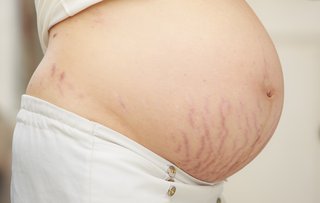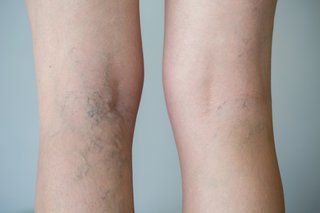The time from week 28 until the birth of your baby is known as the third trimester. Your appointments with your GP, midwife or obstetrician will be more frequent in this trimester.
Your antenatal care
Tell your GP if you have not had a whooping cough vaccine during this pregnancy. It's best to have this vaccine within the first 36 weeks of your pregnancy. If you're more than 36 weeks pregnant there are still benefits to getting it - but it might be less effective.
You will also begin antenatal classes in preparation for birth and becoming a parent.
During the third trimester you will decide on birth options and preferences. Your options may change depending on how the pregnancy progresses.
Talk with your midwife or obstetrician before your due date to check what options are available to you.
Urgent advice: Talk to your midwife, obstetrician or maternity hospital immediately if:
- your baby's movements change, reduce or stop
It is not true that babies move less towards the end of pregnancy.
Braxton Hicks contractions
During late pregnancy your uterus (womb) may contract and relax. These are known as Braxton Hicks contractions.
Braxton Hicks contractions are different to labour contractions as they:
- do not happen as often
- are usually irregular
- do not last long - usually less than 1 minute
- do not increase in intensity
What to do if you have Braxton Hicks contractions
Signs you're going into labour
Stretch marks
You may notice pale pink or red narrow lines or streaks on your tummy, breasts and thighs. They may be itchy and feel tight. Almost 8 out 10 women get stretch marks during pregnancy.
There is no scientific evidence that creams or oils prevent stretch marks. If you are using them, make sure they are safe for pregnant women.
Keeping your skin well moisturised may reduce any itch or tightness in your skin.
Stretch marks will become white or silvery white over time. They usually fade after your baby is born. Talk to a dermatologist if you feel self conscious about your stretch marks after pregnancy. There are some treatments that might improve their appearance.

Heartburn and indigestion
Heartburn and indigestion can create a burning feeling in your chest and throat. It's caused by the pressure the growing baby is putting on your stomach, as well as hormonal changes.
How to ease heartburn and indigestion during pregnancy
Piles during pregnancy
Piles (haemorrhoids) can be painful and irritating when pregnant.
Symptoms may include:
- a lump, itching or pain around your bottom
- bleeding from your bottom - this is usually when you wipe your bottom after doing a poo
- pain when doing a poo
To prevent piles:
- eat foods high in fibre, such as oats, wholegrain bread and pasta, fruit and vegetables, potatoes with their skin on, peas, beans and legumes
- drink plenty of water
- avoid standing for long periods
- exercise regularly
Ask your pharmacist about treatment for piles.
Healthy eating during pregnancy
Varicose veins during pregnancy
Varicose veins are veins in the legs or vulva (the external part of your genitals) that have become swollen. They can be uncomfortable but they are not harmful. They usually disappear after birth.
Varicose veins can cause your legs to become:
- heavy or tired
- itchy
- swollen
- painful - you may get cramp or burning sensations
To reduce the swelling of your veins:
- avoid sitting with your legs crossed
- avoid standing or sitting for long periods
- sit with your feet up
- sleep with your legs higher than your body
- try compression stockings - they can ease the symptoms of varicose veins, especially if you have to stand a lot at work
You can also reduce symptoms if you:
- eat a healthy diet
- manage your weight
- exercise regularly - things like walking and swimming may help your circulation and improve or prevent varicose veins

Mental and emotional changes
As your due date approaches it's normal to feel more anxious about the birth and becoming a parent.
As your baby grows you may feel uncomfortable. This can mean you feel more tired or irritable than usual.
To reduce anxiety, remember to:
- talk to your partner, friends, family, and healthcare team
- tell your midwife or doctor if your anxiety is severe or prolonged
- keep your mind occupied by preparing for the birth, for example packing your hospital bag
Some women find pregnancy yoga and other relaxation techniques useful.
You might find that you tidy and clean your home more than normal. This is common and is known as 'nesting'. When you prepare your baby's clothes and sleep arrangements you're likely to start feeling excited.
Sign up for weekly pregnancy emails
Our weekly emails are designed to support you through each stage of pregnancy. They include HSE trusted advice and support.